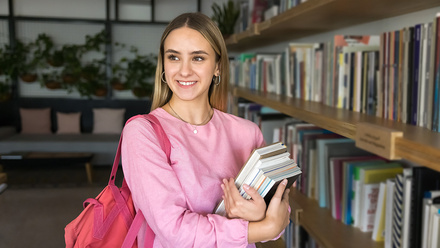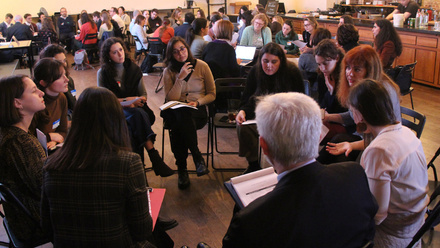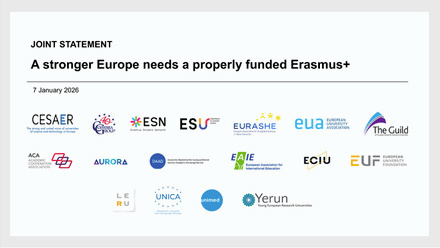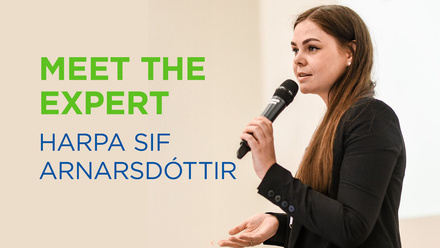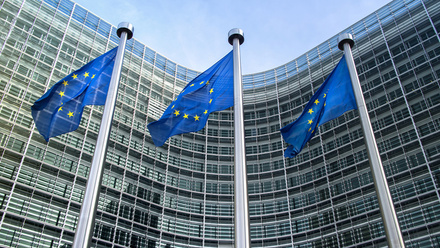SAMEurope: facilitating mobility for student athletes
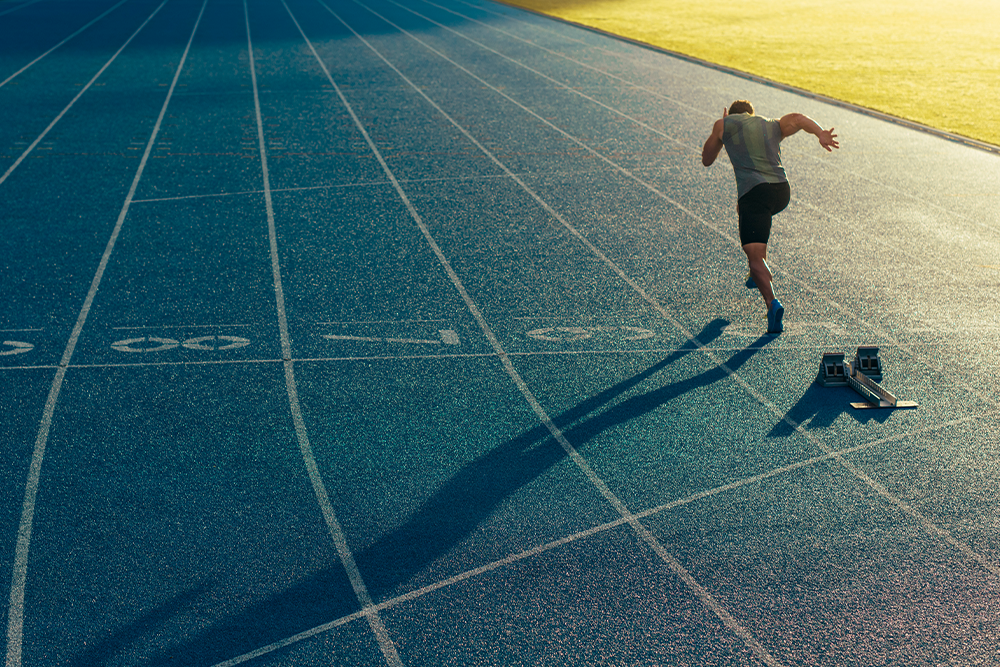
We all know the benefits of a first experience abroad: learning a foreign language, discovering a university, a different country, being confronted with another mindset. Naturally, higher education institutions (HEIs) and the Erasmus+ Programme in particular encourage European students to experience academic mobility abroad and support them in many aspects of their academic mobility. However, this opportunity is unreachable for many student athletes, as it is highly challenging for them to study in a foreign country while training in their sport and participating in high-level competitions.
A student athlete follows an academic pathway in a higher education institution and, at the same time, manages a sport career at a high level of competition. This kind of ‘dual career’ requires several kinds of support in helping students to pursue both their academic and athletic careers simultaneously. It is thus obvious that academic mobility abroad poses even more challenges for student athletes, related to finding the appropriate sports support and facilities in a host university, and related to curriculum compatibility with the host university’s study programmes. If we do want our student athletes to enjoy the opportunity of international mobility, it is our responsibility as HEIs to offer them additional support.
SAMEurope: a short history
Since 1981, INSA Lyon (French Institute of Applied Sciences) has run a specific track that provides student athletes with different kinds of support, from academic arrangements to nutritional adaptations. Some of INSA Lyon’s partners also support their student athletes at different scales or run dedicated dual career programmes, grants or even research units on high-level sport topics. In 2021, four of them joined INSA Lyon to found the SAMEurope dual career network: Chalmers University (Sweden), Jaume I University (Spain), Jyväskylä University (Finland) and Karlsruhe Institute of Technology (Germany). Each partner formed an innovative 2-person team in order to integrate the consortium, both from their sport staff (teachers, managers) and from their international relations office. It definitely contributes to the sport staff internationalisation and to an internal cross-departmental cooperation within each partner’s institution.
SAMEurope partners work to answer the question: How can we make Erasmus+ more inclusive of student athletes?
SAMEurope’s ambition is to address such challenges through innovative mechanisms that are currently being developed in the frame of a 3-year collaborative partnership under the scope of the Erasmus+ 2021 call for projects on sports. SAMEurope (Student Athlete Erasmus+ Mobility in Europe) is innovative because it is the first initiative proposing concrete answers and tools to the issue of the international academic mobility of student athletes, and it is the nucleus of the first dual career universities network. Together in SAMEurope, the partners work on a concrete answer to the question: How can we manage to make the Erasmus+ programme more inclusive of student athletes?
A mobility platform for student athletes
One answer to this question is that providing more information on mobility opportunities could lead to developing more equal opportunities for all student athletes. An online open platform is under construction within SAMEurope which will compile the mobility offers from HEIs that are open to outgoing and incoming student athletes. This tool aims to combine for each university: the high-level sport contact point, the EU universities open to welcoming student athletes, their available sports and possible supports, their dedicated facilities and the available programmes/field of studies. For instance, which university fits with both industrial engineering studies and high-level basketball training support? In a nutshell, this tool will facilitate synergies of support for student athletes in different HEIs in order to make their international mobility accessible. Moreover, we will secure these mobility opportunities by saving dedicated spots in the Erasmus+ agreements under a new line dedicated to student athletes. This innovative idea is expected to also impact the university sport stakeholders (coaches, international advisors, DC structure managers etc), and lead them to Erasmus+ staff mobility in order to connect with their peers abroad, job-shadow with them, share expertise and experience new teaching environments.
A guide of good practices
The SAMEurope team writes a guide of good practices in order to share our experience and knowledge on supporting student athletes. From inside the consortium, we collected and brought together information on our dual career support services (characteristics, administrative procedures, regulations etc). To this end, we designed and implemented several tools: a survey among sport staff and mobility staff, interviews of dual career managers and a questionnaire answered by our student athletes on their expectations and needs before their mobility. The information was structured so as to sort the list of good practices that are common in the different universities of the consortium.
Today, we are processing the last steps of the writing by selecting the best practices and defining a strategy that helps to transfer them in other institutions (local, regional and national). In 2024, the guide will be published and spread among the largest number of European HEIs involved or willing to engage in student athletes’ mobility. Concretely, we expect to increase significantly the number of mobility opportunities for all student athletes wishing to live the Erasmus+ exchange experience.
A sociological study
Together in SAMEurope, we are conducting a sociological study to identify, measure and highlight the benefits of an international academic mobility on our student athletes. The study aims to provide grounds to all these statements and it is designed by researchers from sport science and geography; it considers both the observations of alumni student athletes concerning their personal and professional development after international mobility, and the feedback of employers on the qualities they see that might have especially been developed through the former student athlete’s international mobility. The results of this study will serve the student athletes to better self-promote and increase their employability, and the companies to become aware of such skilled profiles.
More than a project
Above all, the dissemination of SAMEurope’s concrete tools will contribute to raise awareness among all HEIs since its ambition is to spread worldwide, even if it has been founded as a European network and is co-funded by the Erasmus+ programme. SAMEurope aims to create and nurture a dual career universities network, beyond the original consortium and beyond Europe.
Experiencing another way of training and competing ultimately enriches the student athlete’s global sportsperson’s mindset
Beyond the standard academic experience abroad, we believe that mobility brings student athletes special skills for their professional as well as for their sport careers. It increases their capacity for adaptation, organisation and knowledge of other EU countries, so that they can obtain education in accordance with their study needs and reach their stage of maximum sporting performance. Additionally, an Erasmus+ experience can also change student athletes’ vision of their own sport practice, as experiencing another way of training and competing ultimately enriches their global sportsperson’s mindset. Definitely, it is also one key for inspiring in student athletes a sense of belonging to a European sport community.

